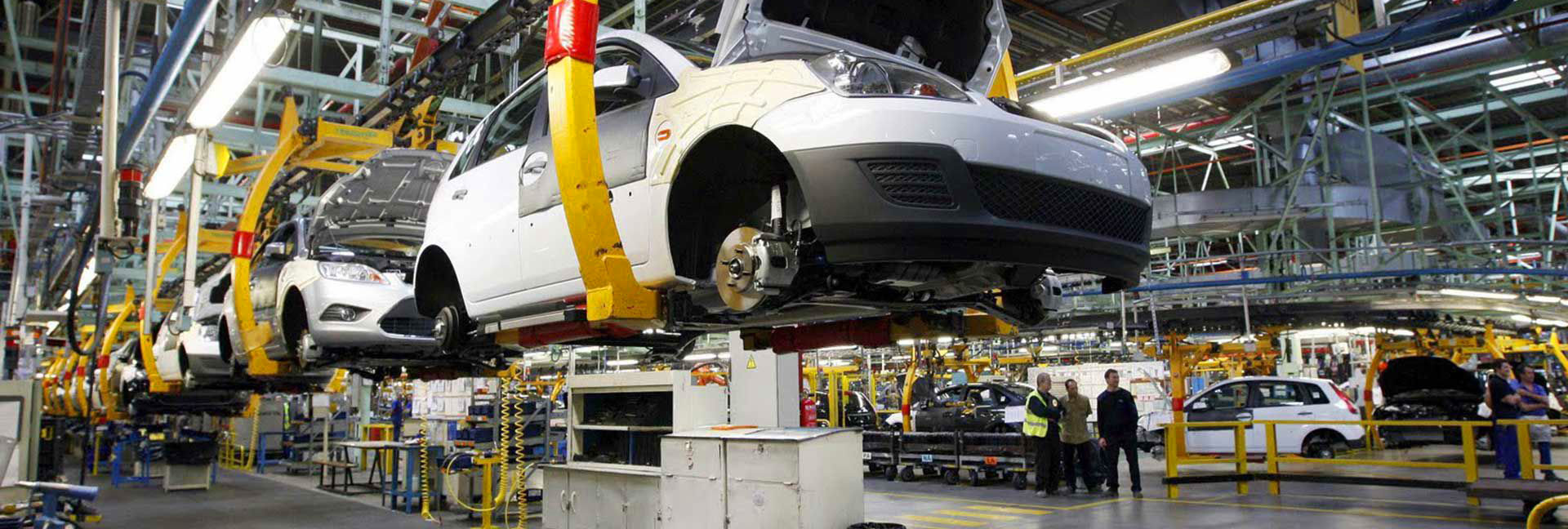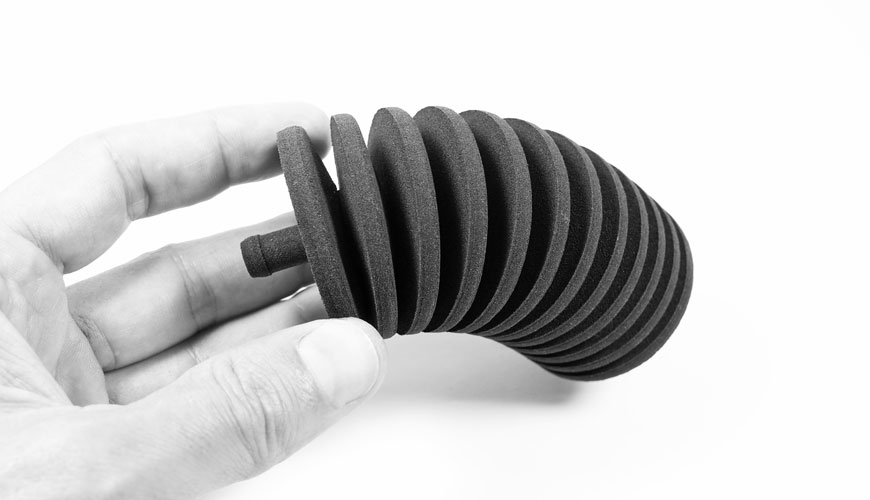

EUROLAB laboratory provides testing and compliance services within the scope of VW TL 52622 test standard. This standard specifies both component requirements for thermoplastic elastomers combined with thermoplastics and applications for externally used pure thermoplastic elastomer (TPE) for finished parts. These include, for example, plenum panel trim, mirror triangle, sill trim, water retention strip, roofing strip, Cd reinforcement sill, and splash guard.

As an example, the following materials can be used:
The technological properties of the materials used for the components must ensure the function and safety of the vehicle throughout its entire service life. Fillers such as talc and mineral fillers, as well as modifiers used for heat and UV stabilization are allowed.
For components made of composite materials (metal/plastic, adhesive bond, hard/soft combination), compatibility of materials must be ensured. If necessary, materials should be matched with pretreatments (eg binders).
If the material of the finished part is changed during development or ongoing production, this change should be submitted and reviewed in any case. Where applicable, a new building sample approval (BMG) is required (only in the case of parts subject to building sample approval).
Material grades that have not yet been recorded in material data sheets must have previously tested positive (for example, through road tests, hot/cold country tests, and test environments) and the component's essential requirements have been met as described. New material grades can then be included in material data sheets.
In general, materials not yet in the datasheet collection may also be used. Datasheets are completed as part of release testing. This is to ensure that newly developed materials can also be used.
Material data sheets (MD) for various designs are available from the GQL-LP/4 Department and as an appendix to this TL via NOLIS (only available in German version) and can be requested by production facilities. Appropriate Quality Assurance departments are engaged if necessary.
The surface and interior of the components must be free from defects and machining defects such as streamlines, voids, cracks or similar defects. Pit marks at the base of ribs and reinforcements are only permitted if they do not adversely affect the function or appearance of the part.
General requirements apply to: Every material grade and material combination. Mechanical properties described in material data sheets may vary depending on additional requirements. In all cases, both general requirements and material-specific requirements must be met to define the quality of material actually used.
EUROLAB Laboratory performs a complete automotive testing including all requirement from chemical analysis to mechanical and environmental testing for automotive parts of automotive materials, component parts, component parts, composites and surrogate plates used in passenger cars, multipurpose passenger cars, trucks and buses according to VW Group standards. offers a range of services.
To get an appointment, to get more detailed information or to request an evaluation, you can ask us to fill in our form and reach you.